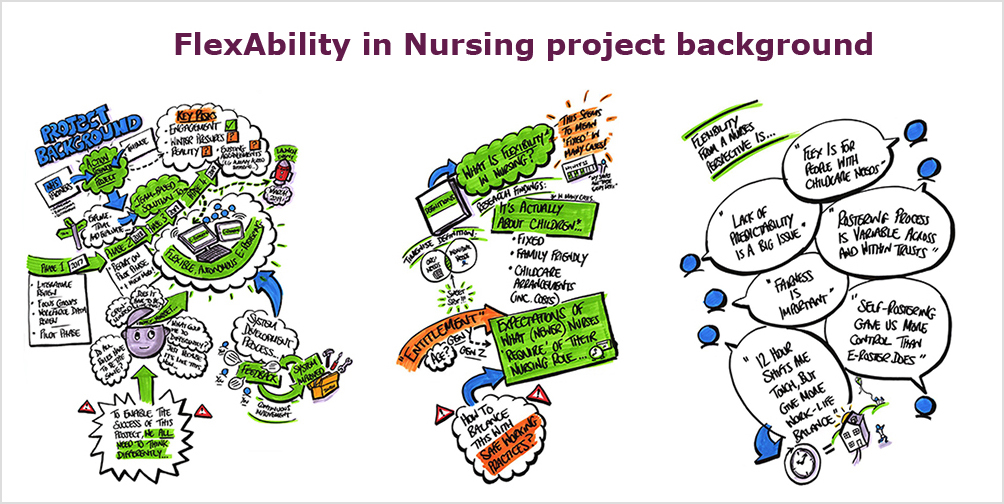

 The staffing crisis in the NHS is in the news more often than any of us would like. From the fact that more nurses are leaving the profession than joining, and the drop in the number of EU nurses registering to work in the UK to the potential impact of British expat pensioners returning home, there’s little doubt that something needs to be done to attract more people into the profession – and to keep the nurses we already have.
The staffing crisis in the NHS is in the news more often than any of us would like. From the fact that more nurses are leaving the profession than joining, and the drop in the number of EU nurses registering to work in the UK to the potential impact of British expat pensioners returning home, there’s little doubt that something needs to be done to attract more people into the profession – and to keep the nurses we already have.
So the time really is right for a root-and-branch look at how nursing works in practice, in terms of workload, scheduling and nurses’ ability to balance work with other responsibilities. Our new FlexAbility in Nursing project, which we’re running in conjunction with three leading hospital trusts (Birmingham Women’s & Children’s Hospital, Nottingham University Hospital and University Hospital Southampton), will deliver exactly that.
The project, which is supported by funding from the Burdett Trust, is a piece of action research into how flexible working could bring about the change the profession needs.
The first stage of the project is now complete. It involved a literature review and a series of focus group sessions, designed to understand how flexible working is defined within the NHS, what the barriers are, and how to overcome them. One of the key learnings to come out of this stage is that flexibility means very different things to different stakeholders.
So, from the employer’s point of view, flexibility is seen as a way to achieve efficiency and save costs – particularly bank and agency costs. In an ideal world, all staff would be ‘fully flexible’, and able to fill rota gaps at short notice, so that the right staff are in the right place at the right time.
But many nurses are coming at it from a different direction. When rotas vary wildly from one week to the next, it’s difficult to plan a life. So for them, flexible working means working within an agreed, predictable framework and, in some cases, working fewer hours. For example, nurses who are parents may want to work fewer shifts a week, and need these to be on the same day and same time each week so they can arrange childcare. Flexibility, for nurses, needs to be fixed.
It’s clear then, that the gap between what employers and employees require from a flexible working solution is a tough one to bridge. And the way it’s organised now isn’t working for anyone.
The current variable rota system doesn’t give many nurses with other responsibilities the fixed working arrangement they need; in the words of one nurse who we spoke to: “If you have kids, you need a partner who’s flexible, or a family who can do care. If you don’t have that, you can’t be a nurse.” Other nurses are equally disillusioned, feeling that they get given an unfair amount of the unsocial hours.
Nor does it give managers enough choice about how to organise their shifts; as one told us: “Once you’ve done the skill mixes and the formal flexible working arrangements, it leaves no choice about who does the other shifts.”

It’s no wonder, given this mismatch of needs, that the profession is struggling to attract and recruit enough staff. So the next step in our programme is to find a new approach that works for everyone: giving nurses the right kind of flexibility to suit their work-life balance needs and keep them in the profession, whilst allowing managers to deliver efficient and effective resourcing. And of course, as a result, encouraging more people to become nurses.
We’ll do this by designing a team based approach to scheduling rotas, and then piloting it. We’re working on the design right now; once it’s finalised we’ll pilot it first with three wards at Birmingham Children’s Hospital early next year. We’ll share our learnings at both stages of the process, so if you’re in the nursing profession – or if it matters to you that the NHS is properly staffed – watch this space.
To find out more about the innovative research opportunities we offer, contact info@timewise.co.uk or call 020 7633 4444
Published November 2017